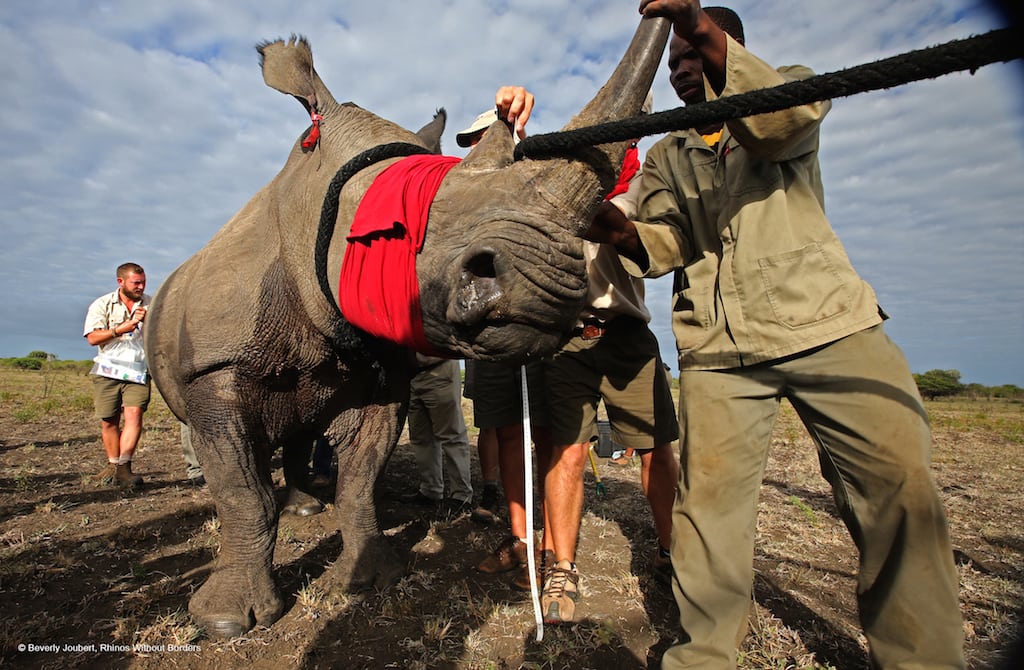Safari Companies Turn to Rhino Relocation for Better Branding

Skift Take
By shifting the focus from watching animals to protecting animals, African countries and safari companies can achieve competitive advantage among today's more educated safari clientele.
Great Plains Conservation and &Beyond, two of the most active safari companies promoting conservation today, are presently collaborating on a project to relocate 100 rhinos from South Africa to protected safety in Botswana.
A record number of 1,215 rhino poachings were recorded in 2014 in South Africa, which is home to 80% of the continent's rhino population.
The "Rhinos Without Borders" conservation effort is not just an ambitious project to save wildlife. It's also a savvy branding and marketing initiative for both Botswana, which has a zero tolerance policy toward poaching, and the two safari companies.
Great Plains Conservation is owned by Dereck and Beverly Joubert. The two National Geographic Explorers-in-Residence stationed in Botswana have been studying African wildlife for over 25 years. So their knowledge of the major safari countries and the global media industry is a big plus in raising awareness around the global campaign to fight poaching.
The African governments need more professional PR and marketing assistance to drive more media coverage around the losing the battle against poachers. Most travelers don't realize that poaching is relatively new within the last two decades, and that it's growing alarmingly fast.
The African Wildlife Federation reports, "Between 2
